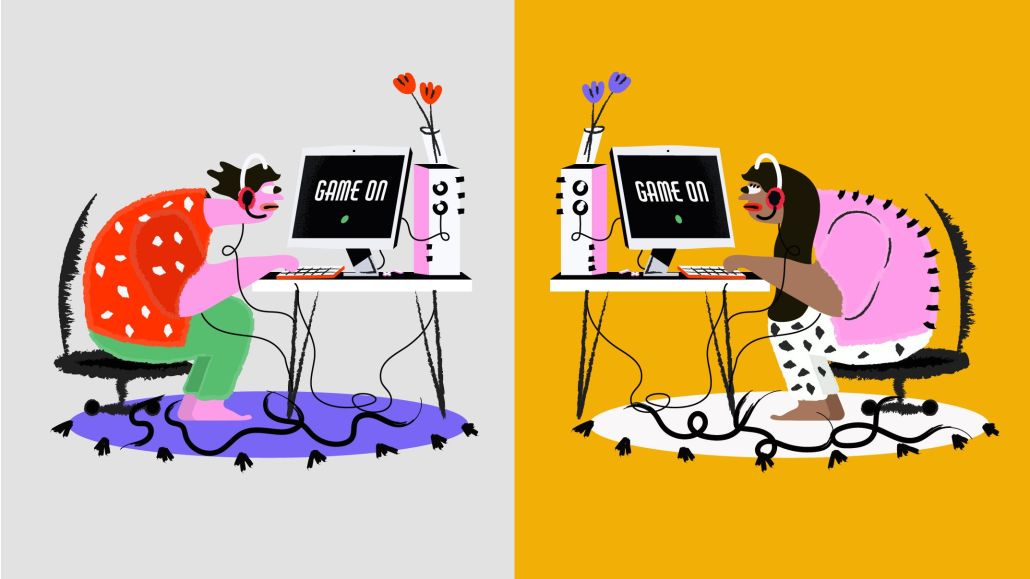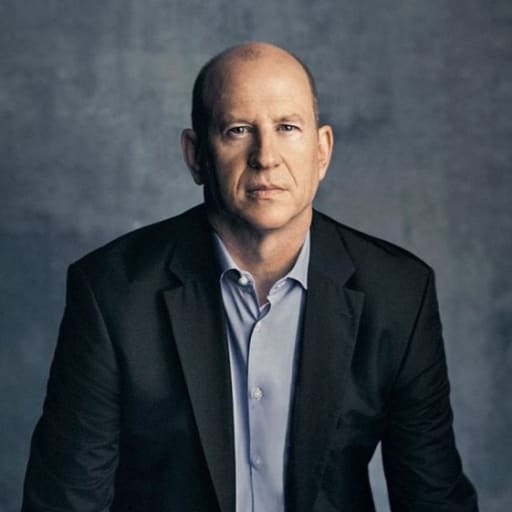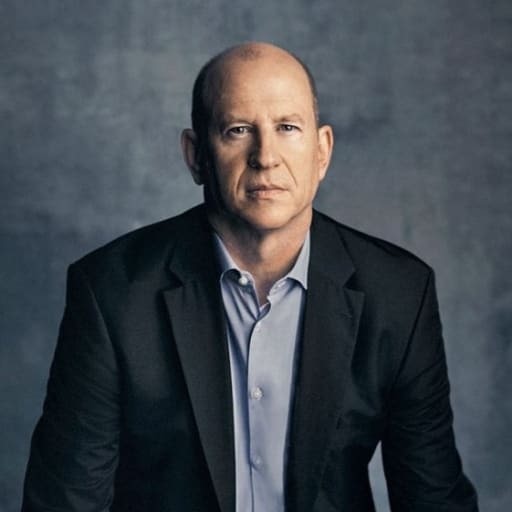Secure your place at the Digiday Media Buying Summit in Nashville, March 2-4
How esports team Sentinels plans to become profitable in 2025: A Q&A with CEO Rob Moore

As competitive gaming emerges from an industry-wide winter, the esports organization Sentinels believes it will become profitable in 2025, thanks in part to Riot Games’ updated revenue share strategy.
Sentinels, a privately held esports team based in Los Angeles, is projecting confidence after undergoing an equity crowdfund last year. After generating just under $3 million in revenue in 2023, the company managed to exceed that figure in the first six months of 2024, per data shared by the org. If trends continue in this direction, Sentinels leadership believes the company will break even by next year.
At the moment, Sentinels is one of the most prominent teams participating in Riot Games’ popular game “Valorant,” having competed in the first-person shooter title since 2020. Much of Sentinels’ branding and esports strategy is built around “Valorant,” though the company also fields a roster of competitive “Halo” players, as well as a team of influencers and creators.
Although gaming continues to grow in popularity, very few esports teams have managed to turn a profit. Only a few, such as the privately held G2 Esports and TSM, have even made the claim. Sentinels competes in far fewer titles than these rival orgs, and the company’s path to profitability is intentionally built around its relationship with “Valorant” and its community.
To learn more about Sentinels’ vision for esports in 2025, Digiday spoke to Rob Moore, the company’s CEO and founder, for an annotated Q&A.
This conversation has been edited and condensed for length and clarity.
On the importance of ‘Valorant’ and its revenue share for Sentinels’ brand and business

Rob Moore: “Certainly, our brand has been built on ‘Valorant,’ and we hold a very important spot in the ‘Valorant’ ecosystem. And so we really focused this year on putting our creative resource and branding into promoting awareness of, ‘hey, there are now team capsules — you can represent Sentinels in-game,’ and then looking for novel ways to engage fans to purchase that.
I think Riot has been public about saying that they’re very happy with how the team capsules are sold, and that Sentinels was number two globally in team capsule sales. So, therefore, we used a lot of our bandwidth to make this a success, and now it’s easier to show a sponsor that we engage with our fan base, and here’s what we were able to sell, and we can do the same thing for you and your brand.”

Digiday: Moore made it clear that Riot Games’ VCT Capsule Collection of in-game items and its associated revenue share were a significant factor behind Sentinels’ ability to turn a profit in 2025. In addition to providing millions of dollars in direct revenues, Sentinels’ success in the revenue share is also the most concrete demonstration of the team’s strong “Valorant” following yet — an important selling point for prospective sponsors and advertisers.
However, what works for America’s most popular “Valorant” team might not necessarily be a viable path for smaller esports organizations that don’t have as much as a following in the game. Sentinels’ social following numbers in the millions, and its YouTube channel is one of the most-watched in esports, regularly drawing hundreds of thousands of views. Other “Valorant” partnered teams, such as the South-America-based KRÜ Esports, have far fewer fans and less of a content network to promote their in-game items, resulting in a lower cut of Riot’s revenue share.
Thus far, Riot Games is the only esports publisher offering a league-wide revenue share across a game’s entire ecosystem, and so teams that are less invested in “Valorant” must still search for alternative revenue streams.
“I think that this helps the upper echelon of franchises and orgs, and it creates a bigger incentive to spend more for big players, if this really is something that’s going to drive your revenue,” said Max Bass, director of emerging connections at the agency Gale.
On the growth of Sentinels’ merchandise business in 2024

Rob Moore: “The other thing that goes hand in hand with making our case to partners is what we’ve been able to sell in terms of just Sentinels merchandise. Part of this is because we have now taken it in-house, so we’re getting better about learning what sales volumes will be and what successful marketing tactics are. We’re poised to sell well over a million dollars in merchandise this year, which will be more than double what we sold last year.

Digiday: If Sentinels does become profitable in 2025, that success will not rest solely on its revenue share with Riot Games. The expansion of Sentinels’ merchandise business over the past year shows that the company’s investment in “Valorant” is paying off in more ways than one.
In 2023, Sentinels generated about $2.9 million in revenue, per Moore. In 2024, the company brought in $3.3 million in revenue in the first six months of the year, although it posted a net loss of $8.2 million in the last financial year. To turn a profit, Sentinels will need to reduce its spending while continuing to grow those revenue figures.
On the role of individual players and talent in Sentinels’ growth

Rob Moore: “There basically have been four eras of Lakers basketball that were all massively successful and helped build them into the biggest brand in the NBA. Suddenly it was the Magic Johnson era, that then morphed into the Kobe Bryant era, that morphed into the LeBron James era. And so I think that’s always the key: Being able to identify not just who’s great at the game, but also someone who has that personality that fans engage with.”

Digiday: Much of Sentinels’ early success in “Valorant” was built around Tyson “TenZ” Ngo, the player on the team with by far the largest social following. Ngo is the closest thing the “Valorant” scene has to a Michael Jordan. On Sept. 14, however, he announced his retirement from competitive gaming, although he plans to stay with Sentinels as a content creator.
This interview took place a few days before Ngo announced his decision, but it’s no surprise that Moore chose to use this answer to talk up Sentinels’ ability to scout top talent, rather than the impact of Ngo as an individual player. If Sentinels wants to continue its ascension within the “Valorant” scene, it may be necessary for the team to find a similarly popular player and personality to fill the void left by Ngo.
More in Marketing

Future of Marketing Briefing: AI’s branding problem is why marketers keep it off the label
The reputational downside is clearer than the branding upside, which makes discretion the safer strategy.

While holdcos build ‘death stars of content,’ indie creative agencies take alternative routes
Indie agencies and the holding company sector were once bound together. The Super Bowl and WPP’s latest remodeling plans show they’re heading in different directions.

How Boll & Branch leverages AI for operational and creative tasks
Boll & Branch first and foremost uses AI to manage workflows across teams.








